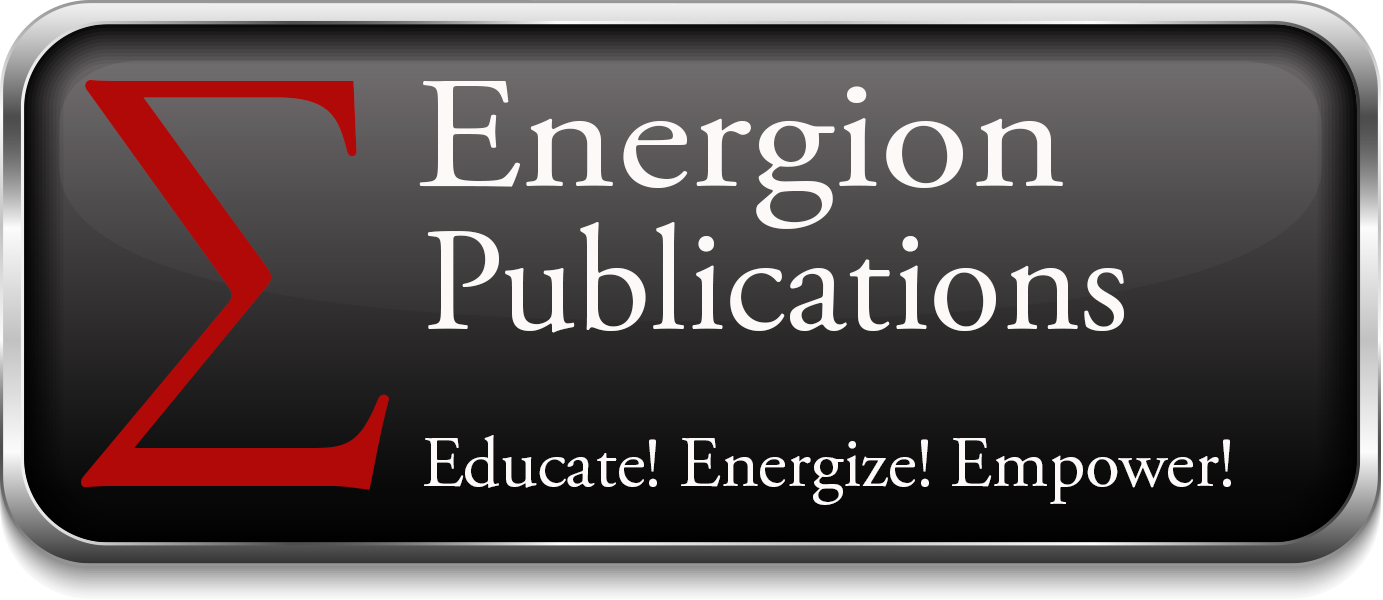Book Extract: Translation Committees
The following extract is from What’s in a Version?.
Once when I was teaching a group of young people about Bible translations I remarked that the quickest way to bring persecution on yourself is to translate the Bible. It is unfortunate that this is so, not only among those people who don’t want to see the Bible distributed and understood, but among those who presumably do. Bible translators are often maligned and criticized. Their motivations are questioned. But most of these men and women are very dedicated to the idea of preserving scripture. They aren’t in the business of translation for the money and the fame. For someone with the skills required of a translator fame and money may be gained in many other ways, indeed much easier ways! Why is it that we are so hard on those who dedicate themselves to the work of Bible translation?
I believe that the best translation is likely to result from a committee of persons with diverse beliefs, all of whom are committed to translating without allowing those beliefs to interfere. (A bias in favor of accurate translation would be entirely appropriate, and could not be said to interfere.) Since I believe nobody is entirely free of bias, the best defense against bias is diversity. However, diversity in which one simply averages out the results of the various biases still leaves too much room for inappropriate results, so I believe the one commitment all members of a translation committee should make is to accurate translation within the context of the methodology they have chosen.
Among the various questions which I have heard in opposition to these views are: “Should I use a translation in which a Roman Catholic was involved?” “Should I use a translation in which a Jew was involved?” “Should I use a translation in which an agnostic was involved?” and “Should I use a translation in which people of doctrinal beliefs opposed to mine were involved?”
All of these questions partake of one giant error: That theology and doctrine come before translation. Yet Bibles have been burned, discarded or returned to publishers because of just such considerations.
Two things protect against doctrinal bias in translation:
1) The use of a committee in translation. Because there are many scholars involved, no single scholar can insert a doctrinal agenda. There are translations with doctrinal agendas, but these are generally clearly stated in the preface to that version.
2) The fact that the source texts are available, and scholars with many different viewpoints will be able to examine the translation and comment on whether it properly reflects the source texts.
In fact, these factors have meant that none of the major modern translations is seriously flawed in doctrinal terms. There are differences, but these differences can be investigated easily using the footnotes, or by comparing that version with another.
I illustrate the result by simply saying that no matter which denomination you come from, if you take your top 20 doctrinal positions, you’ll find that you can locate all the scriptural support you may want from any version of the Bible.
Let me emphasize: The best Bible version is the one you read.


